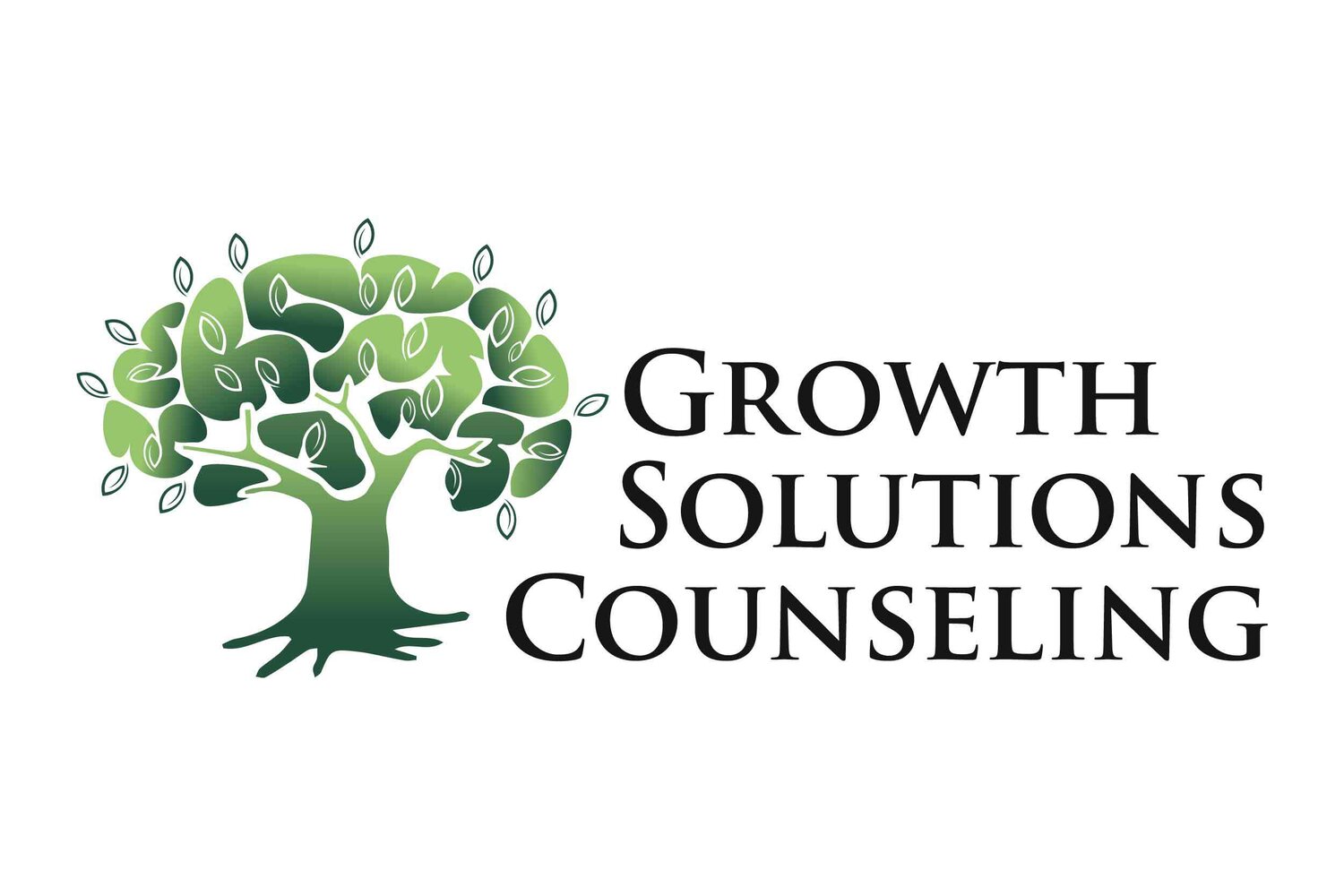Finding a Sense of Control During the Pandemic
In this confusing and difficult time, what can you do to gain agency over your mood and your life? Since the COVID-19 pandemic began, I have been seeing clients and friends struggle with increased anxiety and stress. This isn’t surprising. This is a time where many people feel they can’t control anything. Also, many feel isolated, and their usual ways of coping with stress aren’t available.
The concept of the “Locus of Control” can be very helpful when faced with so much uncertainty.
The Locus of Control is “the degree to which people believe that they, as opposed to external forces (beyond their influence), have control over the outcome of events in their lives.” (Wikipedia, citing psychologist Julian Rotter).
People with a stronger internal locus of control tend to fare better when faced with challenges. Through deliberate practice, it’s possible to strengthen your internal locus of control, even during a time of crisis.
Here are a few recommendations:
1. Watch Out for Self-Defeating Behaviors -We all have some ways to cope that relieve anxiety in the short run but generate additional anxiety over time. Some examples binge watching TV, overeating, indulging in alcohol or other substances, or oversleeping. Every single one of us has some of these less ideal ways of coping.
Notice if you are engaging in self-defeating behaviors. Don’t criticize yourself, but see if you can gently and compassionately move yourself toward healthier ways of coping.
2. Seek Support from Safe People
This one is challenging right now because we aren’t able to do all the things we normally do to feel better. Finding connection and support is always helpful during challenging times. During a time when we aren’t able to do many of our normal activities, creating connection may require special effort. Consider what methods might work best for you: a socially distant in-person meeting, video chats through Zoom or social media, phone calls, or something else. Any way you can connect will help.
Who are the people who truly comfort you? In whose presence can you be vulnerable? Aim to find people who listen without judgement and who talk honestly about their own struggles. And offer the same support to others.
3. Daily Rituals -Small daily activities that you enjoy can help you improve your mood. You could try cooking, reading, listening to podcasts, taking an online class, tracing genealogy, or resuming an old hobby. Activities that you find truly interesting will have a greater chance of absorbing you. Finding things that are absorbing and enjoyable will you help mitigate anxiety and reduce stress.
4. Focus Outside Yourself-We always feel better about others, the world, and ourselves when we find ways to be of service. These could be small acts of volunteering or support, making phone calls, or donating money to organizations. Engaging in activism and joining protests can have strong psychological benefits as well. Anything that enables you to live your values can make you more resilient and reduces worry.
5. Healthy Eating and Exercise- These always improve mood. If your eating habits have become less healthy during this time, or if you’ve always struggled with nutrition, you may want to find a nutritionist to guide you. The book Intuitive Eating is also an excellent resource.
Many people are reporting that they’ve gained weight and are feeling sluggish because their lives are so restricted. Any exercise program that brings you enjoyment and keeps you moving will be helpful.
6. News Consumption-Titrate the news. Find the times of day and the amount of news you can absorb without it leading to overwhelming stress. It is helpful to be informed, but sometimes too much information can cause feelings of helplessness and hopelessness. Come up with a system that balances your desire to be informed with your ability to manage day to day. Avoid excessive doomscrolling, and make deliberate choices about which information sources to consult.
7. Cultivate a Balanced Perspective-Cognitive therapy looks at how one thinks about a situation and how your thoughts influence your feelings and behaviors. Working with a therapist can help you gain a stronger internal Locus of Control. The more you can find small--and sometimes larger-- ways to have agency during this difficult time, the less the anxiety and stress will run your life.
Grade yourself on a curve! This is not time for your A game. Things are too challenging and uncertain. And perfectionism and harsh self-criticism are counterproductive even during easier times. However, following some of the suggestions above will help you to develop the strongest internal Locus of Control that you can during the pandemic and slow down anxiety and stress.
